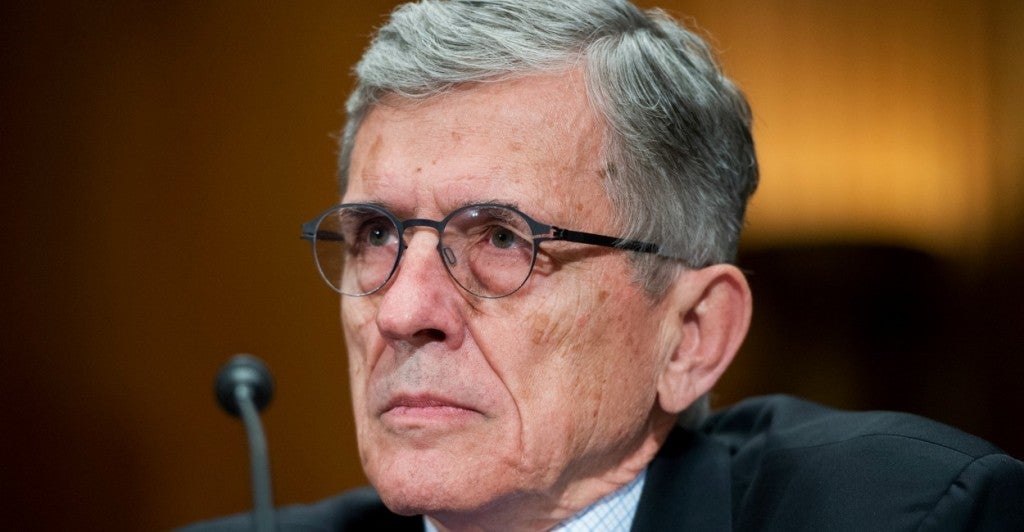Will the Federal Communications Commission regulate the rates of your Internet provider?
In the run up to the FCC’s decision last year to re-classify broadband providers such as Comcast, Verizon and Sprint as public utilities in its net neutrality rulemaking, FCC Chairman Tom Wheeler repeated declared that the newly-minted utilities would not be subject to price controls.
“There will be no rate regulation,” he wrote in a Wired magazine op-ed days before the FCC vote. “That means no rate regulation,” he repeated in a speech a few days later.” A fact sheet by Wheeler about the same time (points out Daniel Lyons of the American Enterprise Institute) repeated the pledge three more times.
That seems pretty airtight.
But, to make sure, Rep. Dan Kinzinger, R-Ill., wrote up the “No Rate Regulation of Internet Access Act” (H.R. 2666) forbidding the FCC from regulating rates. But, with the bill heading for the House floor as early as Friday, Wheeler has changed his tune, arguing now that the legislation would undermine his agencies ability to enforce the new net neutrality rules, as well as a variety of other FCC rules. The Obama administration shares his (current) views, issuing a veto threat against Kinzinger’s bill on Tuesday.
Wheeler argues that when he said “no rate regulation,” he meant no ex ante (“before the fact”) rate regulation, of the sort traditional applied to public utilities. He says he didn’t mean price controls applied in individual enforcement actions under net neutrality and other rules.
Rate regulation is, in fact, inherent to much of the net neutrality regime. Any rule banning the blocking or slowing of content implies that the price for delivery of that content can only go so high. The mere act of enforcing these rules means the FCC will be in the business of deciding what prices are reasonable and which are not.
Wheeler, of course, knew this when he denied there would be any price controls on the Internet. The KInzinger bill called his bluff, forcing him (and the White House) to admit that the neutrality rules were no light-touch regulatory scheme. Instead, they imposed the most comprehensive price controls ever placed on this dynamic marketplace.
Supporters of the Kinzinger bill, however, did commit one misstep by amending it in committee to exempt the FCC’s ban on paid prioritization—or “fast lanes”—from the bill’s price control prohibition.
The fast lane ban is one of the most egregious elements of the net neutrality regime, yet the bill’s supporters let it off the hook without a struggle. And there is no evidence that anything was gained in return: The bill garnered no Democratic votes in committee and nothing but a veto threat from the White House.
Worse, the concession may make it harder to challenge the fast lane ban in broader congressional debates over neutrality regulations that are yet to come. Whatever the eventual result of the House vote on HR 2666, that would be regrettable.
